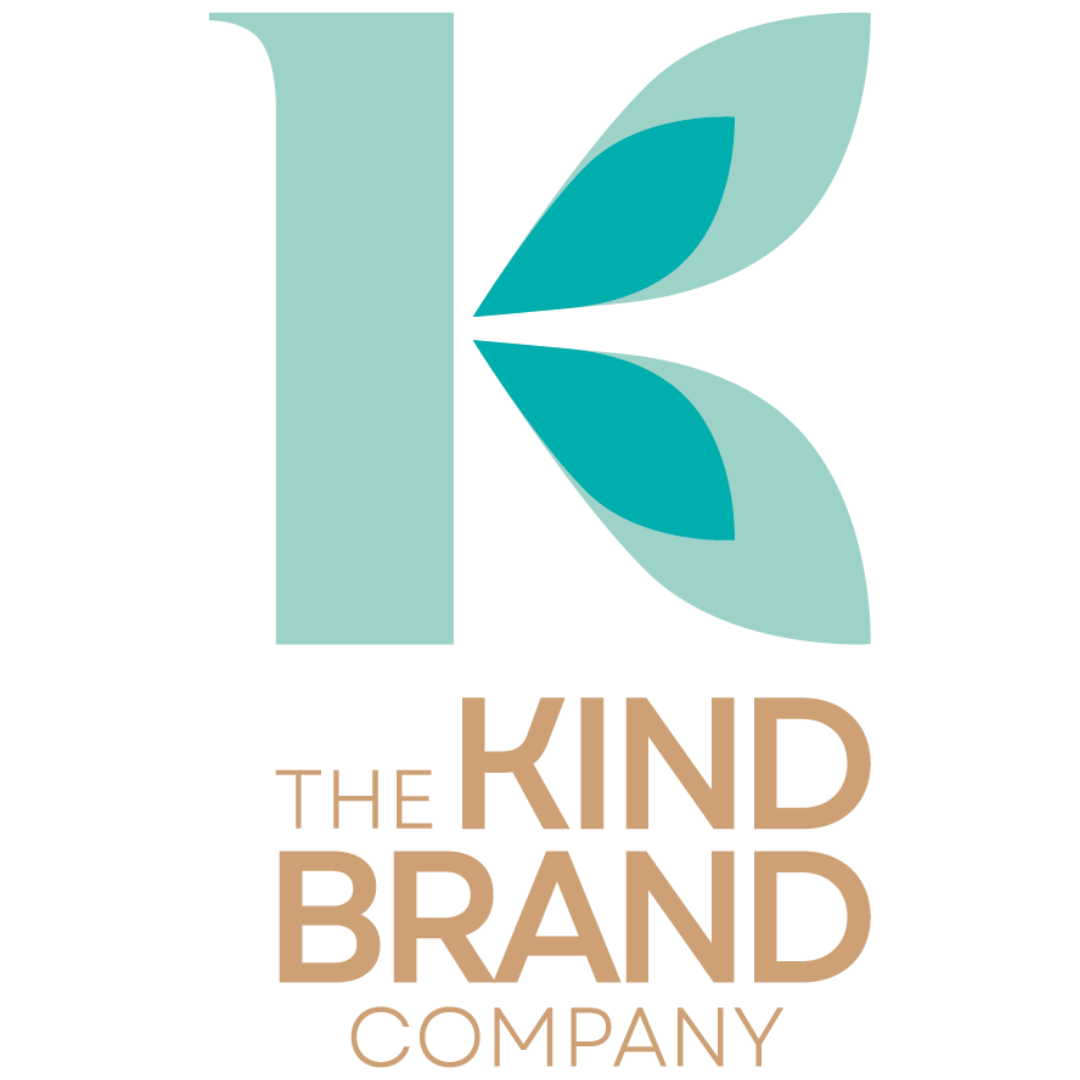

The Kind Brand Company

County Kildare, Ireland
October 2024
Personal care products
Wholesale/Retail
Belgium,
Cambodia,
Chad,
Czech Republic,
Fiji Islands,
Finland,
France,
Germany,
Iceland,
Ireland,
Netherlands The,
Norway,
Romania,
United Kingdom,
United States
The Kind Brand Company is an Irish-based global leader in ethical and sustainable beauty. Founded by renowned skincare therapist Noelle O’Connor, the company is home to TanOrganic, VeganTan, and Skin Magic—pioneering brands committed to creating premium, eco-friendly, and certified organic skincare and sunless tanning solutions. As the world’s first and only B Corp-certified sunless tanning brands, The Kind Brand Company champions sustainable innovation, offering consumers effective, high-quality products that align with their values. Since its inception, the company has remained steadfast in its commitment to sustainability, transparency, and kindness—both to the planet and its people. All products are developed with responsibly sourced, cruelty-free, and vegan ingredients, setting the highest standard in ethical beauty. With certifications from EcoCert, The Vegan Society, and now B Corp, The Kind Brand Company has cemented its place as a trusted leader in the global movement for conscious consumerism. Driven by its mission to inspire kindness in every aspect of life, The Kind Brand Company continues to lead the way in sustainable beauty innovation while creating meaningful connections with consumers, retailers, and the environment.
Overall B Impact Score
Governance 19.7
Governance evaluates a company's overall mission, engagement around its social/environmental impact, ethics, and transparency. This section also evaluates the ability of a company to protect their mission and formally consider stakeholders in decision making through their corporate structure (e.g. benefit corporation) or corporate governing documents.
What is this? A company with an Impact Business Model is intentionally designed to create a specific positive outcome for one of its stakeholders - such as workers, community, environment, or customers.
Workers 20.3
Workers evaluates a company’s contributions to its employees’ financial security, health & safety, wellness, career development, and engagement & satisfaction. In addition, this section recognizes business models designed to benefit workers, such as companies that are at least 40% owned by non-executive employees and those that have workforce development programs to support individuals with barriers to employment.
Community 26.0
Community evaluates a company’s engagement with and impact on the communities in which it operates, hires from, and sources from. Topics include diversity, equity & inclusion, economic impact, civic engagement, charitable giving, and supply chain management. In addition, this section recognizes business models that are designed to address specific community-oriented problems, such as poverty alleviation through fair trade sourcing or distribution via microenterprises, producer cooperative models, locally focused economic development, and formal charitable giving commitments.
Environment 33.8
Environment evaluates a company’s overall environmental management practices as well as its impact on the air, climate, water, land, and biodiversity. This includes the direct impact of a company’s operations and, when applicable its supply chain and distribution channels. This section also recognizes companies with environmentally innovative production processes and those that sell products or services that have a positive environmental impact. Some examples might include products and services that create renewable energy, reduce consumption or waste, conserve land or wildlife, provide less toxic alternatives to the market, or educate people about environmental problems.
What is this? A company with an Impact Business Model is intentionally designed to create a specific positive outcome for one of its stakeholders - such as workers, community, environment, or customers.
Customers 5.0
Customers evaluates a company’s stewardship of its customers through the quality of its products and services, ethical marketing, data privacy and security, and feedback channels. In addition, this section recognizes products or services that are designed to address a particular social problem for or through its customers, such as health or educational products, arts & media products, serving underserved customers/clients, and services that improve the social impact of other businesses or organizations.